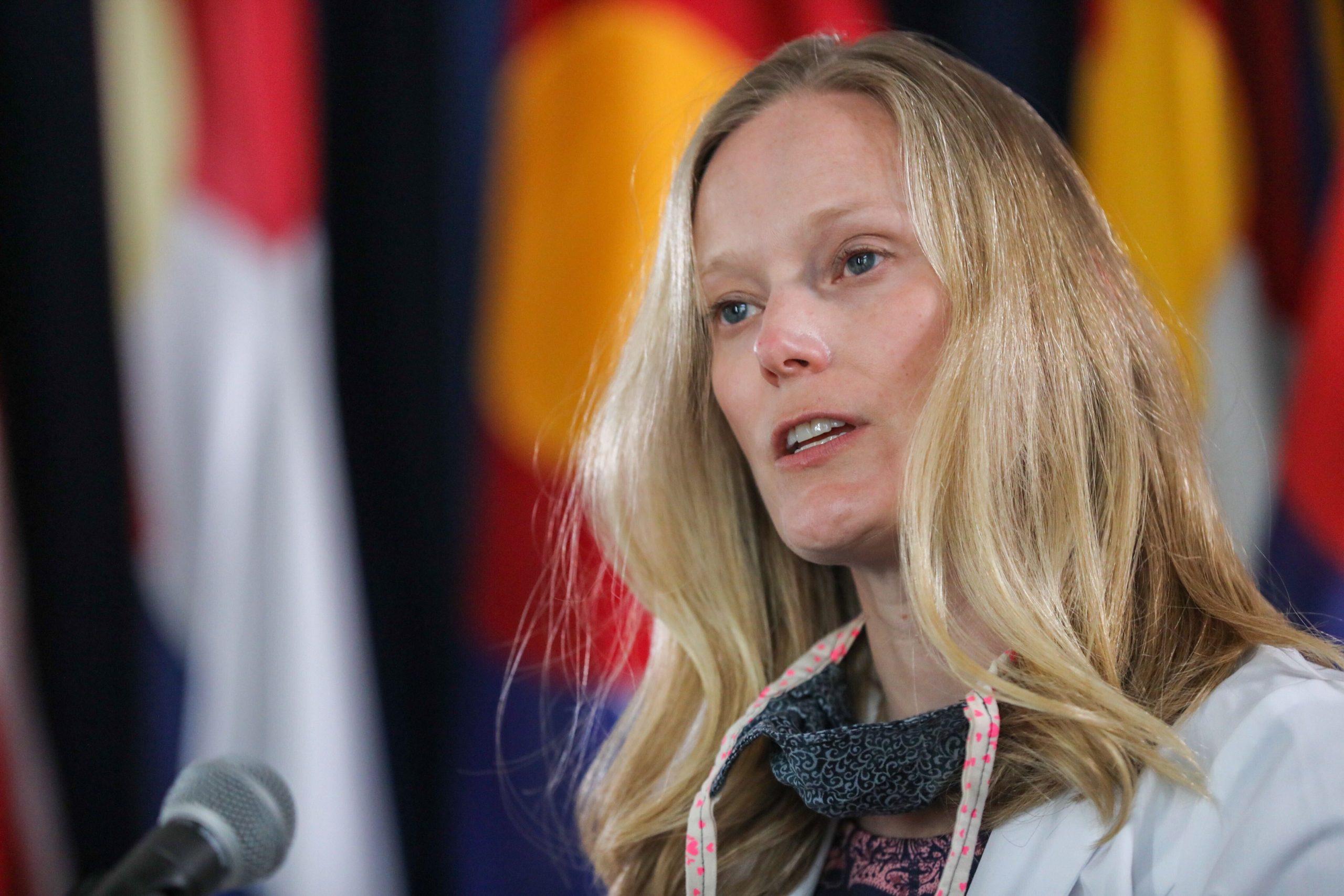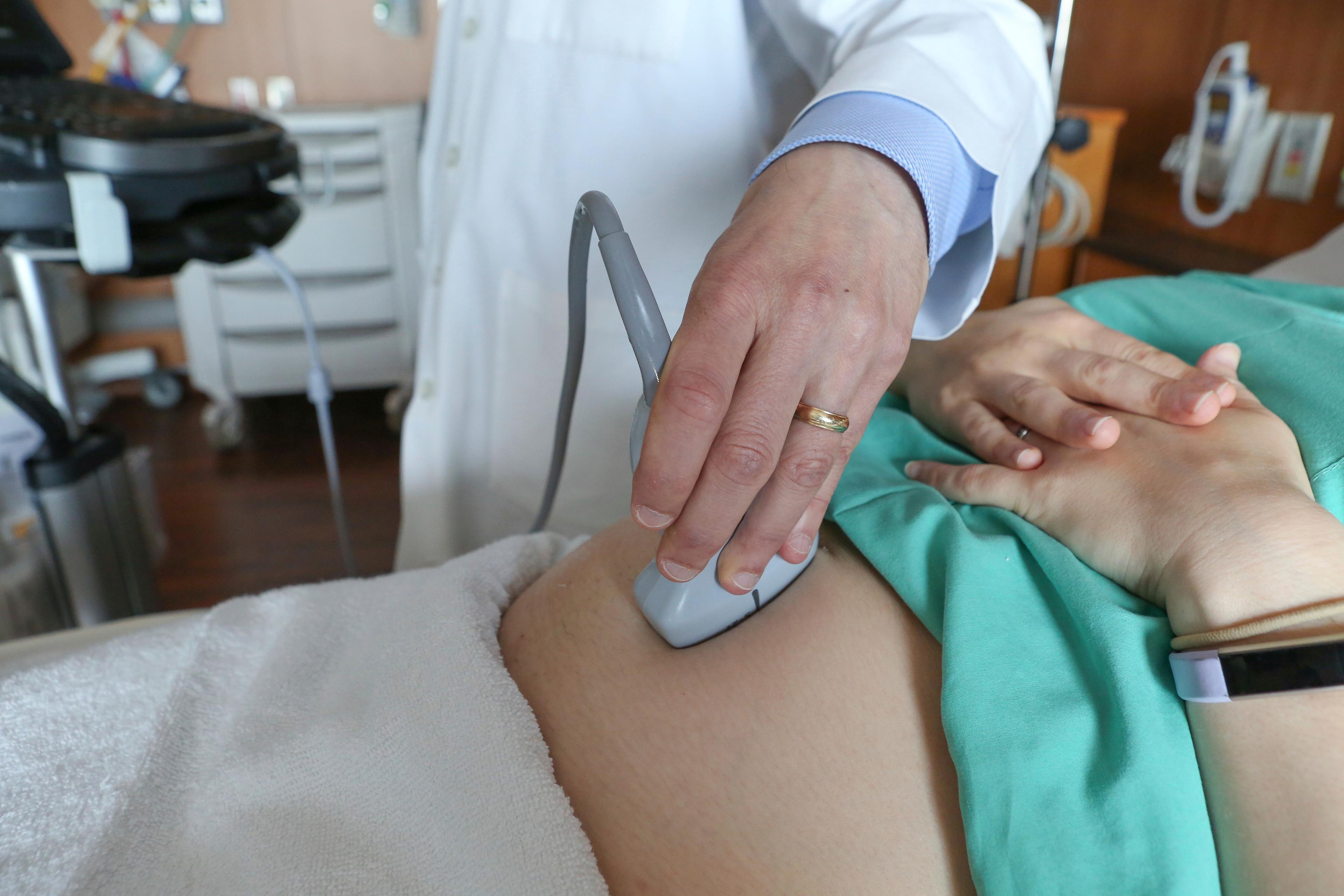
Several children in Colorado have been identified with a disease that may be linked to COVID-19 that primarily affects children. The disease called multisystem inflammatory syndrome has been identified in New York and elsewhere in the country.
Colorado has three potential cases and the state has reported it to the Centers for Disease Control and Prevention and won’t get final results for a few days. One of the cases was identified through a review of previous cases. The other two were identified more recently but no other information has been released to protect their privacy.
“The good news is as far as we know, multisystem inflammatory syndrome is rare,” Gov. Jared Polis said at a news conference Wednesday.
Children typically recover after the acute crisis phase but they often need clinical treatment, Polis said. This disease can appear in individuals up to 20 years old and it often affects teenagers.
It’s also been found in New Jersey, New York, Massachusetts, and Virginia.
Dr. Sam Dominguez with Children's Hospital Colorado said children who later developed the disease seemed to experience severe abdominal distress, rather than the respiratory issues typically linked with COVID-19.
Children with this disease have had high fevers for multiple days, severe abdominal pain, vomiting, and diarrhea. Patients have also had low blood pressure and inflammation of the heart muscle. The majority of these patients don’t have respiratory problems.
Dr. Rachel Herlihy, the state epidemiologist, said it's not clear how many children in Colorado will be affected. She suggested that parents should call their child’s doctor if their child has any concerning symptoms.
The disease is correlated with people who have recently recovered from COVID-19 and have antibodies in their system.
Half of the people with COVID-19 are asymptomatic and it’s expected that the rate can be even higher for children.
The Children’s Hospital of Colorado is continuing to look at previously confirmed cases to see if any of those cases fit the CDC’s definition of multisystem inflammatory syndrome.
Dominguez said the disease so far has presented itself about a month after being exposed to COVID-19. This suggests that the syndrome is a post-infectious response to the virus, as opposed to the damage coming from COVID-19 itself.
Polis said he does not know if this could affect the reopening of schools, or how daycares or summer camps might operate at this time.
Editor's note: Due to an editing error, an earlier version of this story incorrectly reported Samuel Dominguez' name.









